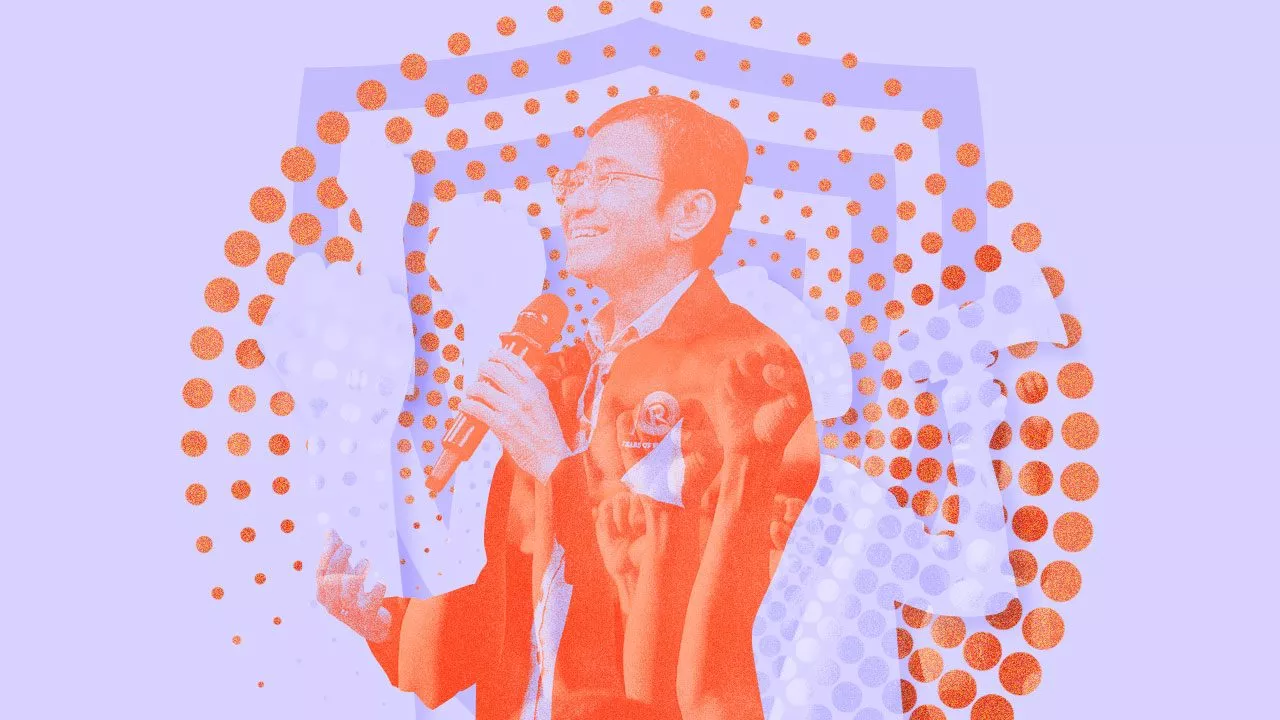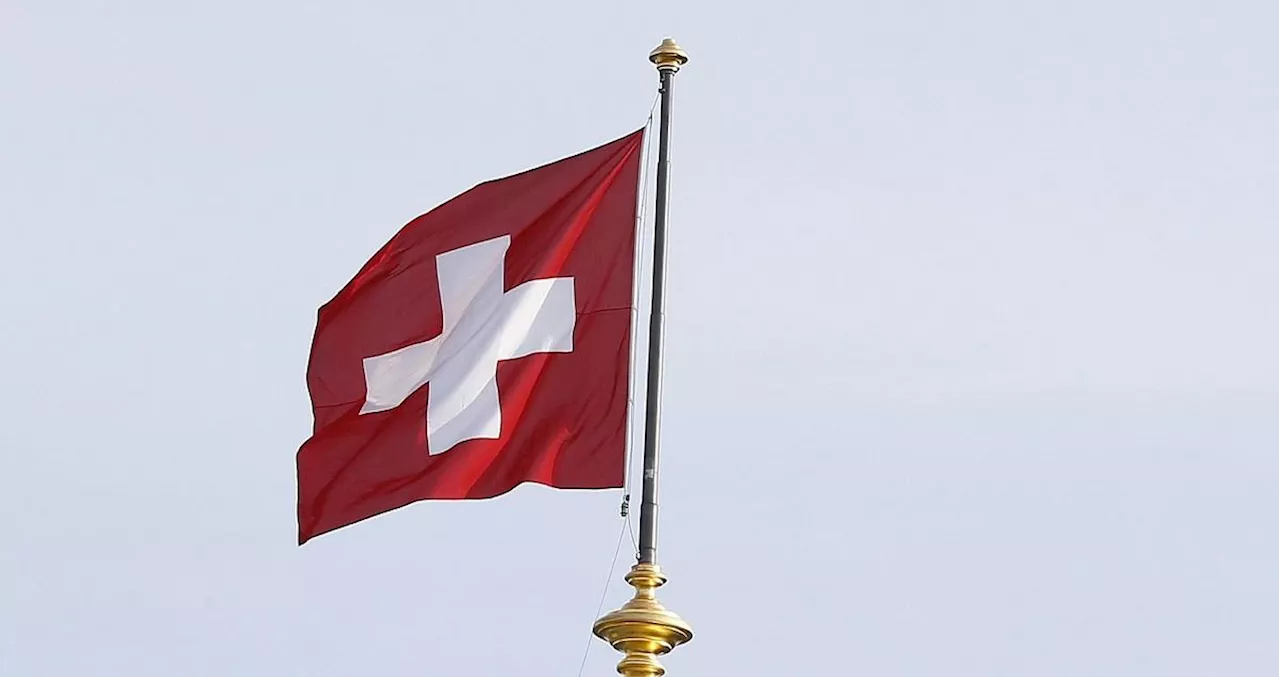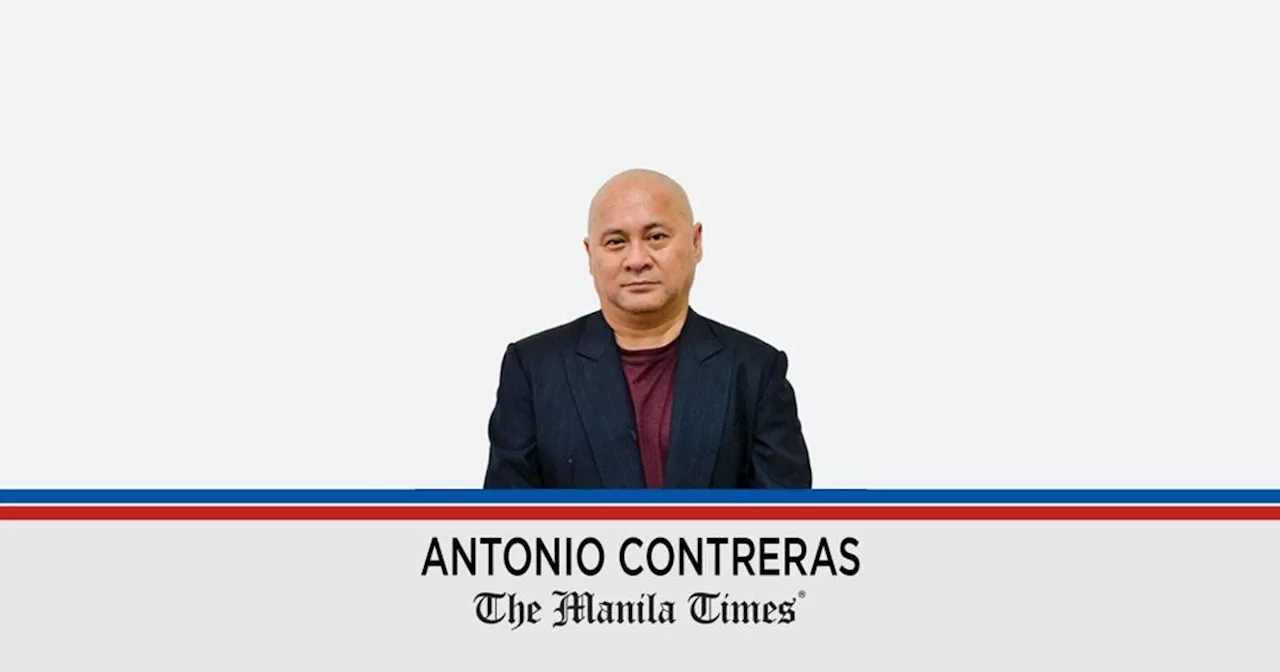This article explores the complex intersection of religion and politics, focusing on instances where religious beliefs infringe upon the separation of church and state. It examines the controversy surrounding a proposed comprehensive sexuality education curriculum in the Philippines and the role of religious conservatives in shaping public policy. The piece also delves into the characteristics that differentiate religions from cults, highlighting the potential dangers of religious groups wielding undue influence in political spheres.
The fundamental principle of a secular, constitutional government is that religion should not exert any influence or control over governmental and state affairs. The controversy ignited by Senate Bill 1979, which aims to implement comprehensive sexuality education (CSE) in the basic education curriculum, has exposed the contradictions prevalent among many religious conservatives in the country.
These individuals are willing to spread falsehoods and misinformation to advance their religious beliefs, ironically disregarding one of their core tenets: the sinfulness of lying.The main transgression of religious conservatives, including elected officials, is imposing their religious convictions on matters of governance. The Constitution, which defines our political community, explicitly prohibits both discrimination against and favoritism towards any particular religion. While some selective privileges, such as exemptions from military service based on religious grounds or legal recognition of polygamy and divorce within the context of religious practice, demonstrate the state's commitment to respecting the free exercise of religion, the more egregious infringement on constitutionally guaranteed rights occurs when religious groups attempt to restrict the exercise of rights for others solely because their beliefs conflict.A more insidious aspect of religion's impact on the exercise of rights arises when the freedom to exercise those rights is misconstrued as the right to free expression, becoming a political tool to manipulate government policy agendas. This further escalates when it transforms into a sword of Damocles used to intimidate politicians. In the United States, religious organizations engaging in partisan political activities lose their tax-exempt status, effectively dissuading them from interfering in the political affairs of the state. However, in the Philippines, the absence of such a law has resulted in the unchecked politicization of religion. This has progressed beyond simply influencing moral and ethical political judgments to a situation where nuns and priests actively campaign for specific politicians, churches host political rallies, and religious groups organize massive demonstrations to express their support for or opposition to political issues and individuals. The blatant intrusion of religious groups into matters of governance, using God as the platform and vehicle, constitutes a fundamental violation of the separation doctrine, upon which the principle of religious neutrality is founded. Even more disturbing is when religious groups claim a God who commanded against killing and stealing, yet coerce their followers to mobilize against and intimidate those who attempt to hold accountable individuals who have openly admitted to or threatened violence and misappropriation of public funds. This is no longer faith; it has become sheer hypocrisy. Their actions are no longer representative of a genuine religion but rather resemble a cult. The distinction between a religion and a cult is often subjective and depends on context, perception, and societal norms. While both involve shared beliefs and practices, several key differences exist. Religions tend to be large, established, and widely accepted by society. They often possess long histories, traditions, and influence on culture and laws. Leadership structures are typically institutionalized, potentially involving a hierarchy of clergy or representatives, and not centered around a single individual. Religions generally have codified beliefs, sacred texts, and established rituals. They allow for diverse interpretations and often embrace different perspectives. While religions may encourage devotion, they generally allow individuals autonomy and engagement with the broader community. They usually aim to coexist with or convert outsiders, often emphasizing community and outreach.In contrast, a cult is a group or movement characterized by intense devotion to a specific person, idea, object, or belief system. Certain behaviors or traits distinguish it from mainstream religious or social groups. While the term 'cult' can be used neutrally or pejoratively, it is most often associated with groups perceived as unorthodox, secretive, or manipulative. Cults are frequently centered around a charismatic leader deemed infallible or divine. Members are expected to unconditionally follow the leader or doctrine, often encouraged to sever ties with non-believers or mainstream society. Psychological techniques are often employed to enforce loyalty, silence dissent, and maintain control over members
Religion Politics Secularism Constitutional Rights Comprehensive Sexuality Education Cults Separation Of Church And State Philippines
Philippines Latest News, Philippines Headlines
Similar News:You can also read news stories similar to this one that we have collected from other news sources.
 Djoko shuns interview: When lines are crossedMELBOURNE, Australia—The host broadcaster has apologized after Novak Djokovic declined to do a customary post-match on court interview at the Australian Open Sunday to protest comments made on air by someone who works for the TV network.
Djoko shuns interview: When lines are crossedMELBOURNE, Australia—The host broadcaster has apologized after Novak Djokovic declined to do a customary post-match on court interview at the Australian Open Sunday to protest comments made on air by someone who works for the TV network.
Read more »
 Fracture Lines and the Fight for DemocracyThe news discusses the growing societal divides fueled by technology and the urgent need to heal these fractures. It highlights the global decline of democracy, citing examples like South Korea, France, and Georgia, and emphasizes the importance of collective will and empathy in creating a more inclusive world.
Fracture Lines and the Fight for DemocracyThe news discusses the growing societal divides fueled by technology and the urgent need to heal these fractures. It highlights the global decline of democracy, citing examples like South Korea, France, and Georgia, and emphasizes the importance of collective will and empathy in creating a more inclusive world.
Read more »
 Adriatic Gate Container Terminal welcomes Bora MedADRIATIC Gate Container Terminal (AGCT) has been added to the port rotation of the Bora Med service, which was recently launched by CMA CGM Short Sea Lines.
Adriatic Gate Container Terminal welcomes Bora MedADRIATIC Gate Container Terminal (AGCT) has been added to the port rotation of the Bora Med service, which was recently launched by CMA CGM Short Sea Lines.
Read more »
 AGCT Joins CMA CGM's Bora Med Service, Boosting Adriatic ConnectivityICTSI's Adriatic Gate Container Terminal (AGCT) in Croatia will be integrated into CMA CGM Short Sea Lines' Bora Med service, enhancing connectivity and transit times for the Adriatic region.
AGCT Joins CMA CGM's Bora Med Service, Boosting Adriatic ConnectivityICTSI's Adriatic Gate Container Terminal (AGCT) in Croatia will be integrated into CMA CGM Short Sea Lines' Bora Med service, enhancing connectivity and transit times for the Adriatic region.
Read more »
 Swiss Airliner Makes Emergency Landing in AustriaA Swiss International Air Lines flight encountered engine problems and smoke in the cabin and cockpit, forcing an emergency landing in Graz, Austria. One crew member is in intensive care.
Swiss Airliner Makes Emergency Landing in AustriaA Swiss International Air Lines flight encountered engine problems and smoke in the cabin and cockpit, forcing an emergency landing in Graz, Austria. One crew member is in intensive care.
Read more »
 Investigators Probe Causes of Devastating Los Angeles FiresMultiple large fires rage in Los Angeles, fueled by strong winds and dry conditions. Investigators are examining potential ignition sources, including arson, downed power lines, and debris burning, though no definitive cause has been identified.
Investigators Probe Causes of Devastating Los Angeles FiresMultiple large fires rage in Los Angeles, fueled by strong winds and dry conditions. Investigators are examining potential ignition sources, including arson, downed power lines, and debris burning, though no definitive cause has been identified.
Read more »
